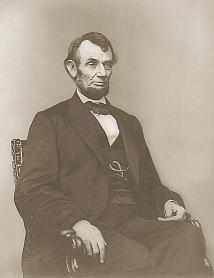The Civil War Song: When Johnny Comes Marching Home
When Johnny Comes Marching Home, is attributed to “Father Louis Lambert,” but most likely this is a pseudonym for Patrick Sarsfield Gilmore.
When Gilmore wrote When Johnny Comes Marching Home, he was the bandmaster of Union General Benjamin Butler’s army in New Orleans, Louisiana. The tune of this song may have been written by Gilmore, may be from a Negro spiritual, or may have come from an Irish air. This song is well-known and still popular in our times.
When Johnny Comes Marching Home
When Johnny comes marching home again,
Hurrah! Hurrah!
We’ll give him a hearty welcome then
Hurrah! Hurrah!
The men will cheer and the boys will shout
The ladies they will all turn out
And we’ll all feel gay when Johnny comes marching home.
The old church bell will peal with joy
Hurrah! Hurrah!
To welcome home our darling boy,
Hurrah! Hurrah!
The village lads and lassies say
With roses they will strew the way,
And we’ll all feel gay when Johnny comes marching home.
Get ready for the Jubilee,
Hurrah! Hurrah!
We’ll give the hero three times three,
Hurrah! Hurrah!
The laurel wreath is ready now
To place upon his loyal brow
And we’ll all feel gay when Johnny comes marching home.
Let love and friendship on that day,
Hurrah, hurrah!
Their choicest pleasures then display,
Hurrah, hurrah!
And let each one perform some part,
To fill with joy the warrior’s heart,
And we’ll all feel gay when Johnny comes marching home.
